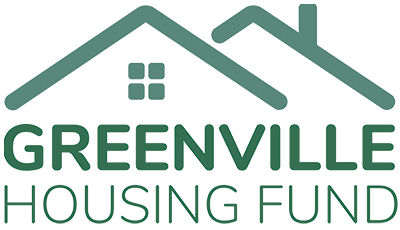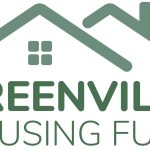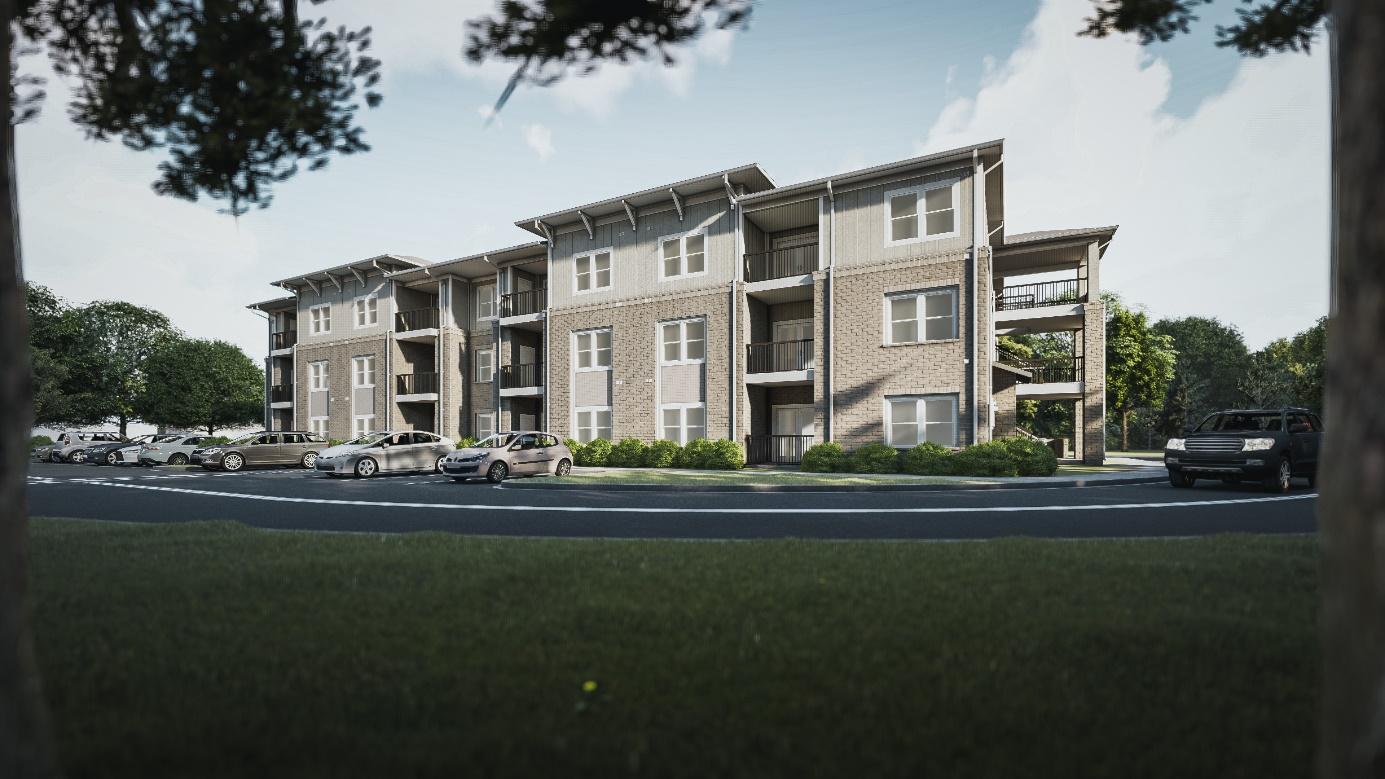What image comes into your head when you hear the phrase affordable housing?
Now erase that image and never think of it again unless you thought anything. Because in 2024, affordable housing looks just like all other housing. Yet, when people hear the phrase affordable housing, they get a negative thought in their heads.
That’s needs to change.
According to SC Housing, here are the main reasons that affordable housing benefits all of our communities.
“Without affordable housing choices, the entire community suffers. Increasing the predictability and stability of the housing market helps keep neighborhoods vital and promotes diversity. Everyone benefits when critical workers such as teachers, healthcare workers, military personnel and public safety professionals can live within the communities they serve.
Businesses benefit: When they know that their workers will be able to afford to live near their workplace. Offering a diverse inventory of housing options close to job centers strengthens South Carolina’s competitive position in attracting and retaining businesses.
Neighborhoods benefit: When fewer low-wage workers must drive long distances to work, increasing traffic congestion and reducing the time they have to spend with family or on community activities.
Schools benefit: When children are able to stay at the same school district for the long term. There are fewer classroom disruptions, schools can count on stable average daily attendance receipts to plan an effective budget, and children are able to focus on learning without worrying about moving during the school year.
The environment benefits: Since most affordable home developments are more compact, using land more efficiently. Built in infill locations, closer to jobs and services, affordable housing developments reduce vehicle miles traveled, greenhouse gas emissions and pressure on open space.
Families benefit: When parents, adult children and grandchildren have options for living near each other, maintain strong relationships and provide mutual support. When older adults can afford to remain near family, friends or in housing near services on which they depend, there are more opportunities for socializing and access to medical care, which contributes to better physical and mental well-being. When a family moves into an affordable home, the savings realized can be spent on other basic necessities and goods or services, which pumps more revenue into the local economy.
Children living in a stable home experience fewer problems than homeless or transient children in terms of school, nutrition, stress, illness and mental health. They have safer places to play, less exposure to violence, and an ongoing place to share family time.
The foundation of a healthy community—education, jobs, economic prosperity—begins at home. Providing housing to serve a wide array of income levels creates the strong residential base needed to support and shape economic growth.”






